Speculative Christmas, Episode II: A New Love
It’s the second week of Advent. We light the Bethlehem candle and contemplate the astonishing love of God, who follows through with His promise of a Savior and takes up residence in the Virgin’s womb, traveling to a little town in the hill country of Judea to be born in a stable and laid in a manger. Hope sustained by centuries of prophecy is fulfilled that night.
This is a story of scope and majesty surpassing any tale of science fiction or fantasy the human mind could conceive. What does that leave me to talk about this week?
Good question. It would appear I’ve painted myself into a corner by tying this series to the themes of Advent, and love is the focus of Week Two. I discussed love in speculative fiction at some length a few weeks ago—I suppose I could refer you to that post and leave it there, but that would be cheating.
 There must be something. A compelling topic somewhere between the pit of man’s fears and the summit of his knowledge, a dimension of sight and sound and mind. Wait…there’s a signpost up ahead. Next stop, The Twilight Zone!
There must be something. A compelling topic somewhere between the pit of man’s fears and the summit of his knowledge, a dimension of sight and sound and mind. Wait…there’s a signpost up ahead. Next stop, The Twilight Zone!
Speculative fiction is often accused of being mired in existentialism, a philosophy that claims man is alone in the universe, abandoned to his own devices, his life ultimately bereft of any meaning other than what he creates for himself. That being the case, the existentialist might say, we write stories full of spaceships and fairytale creatures, desperately trying to fill the void that is our universe. Like the messiah stories I talked about last week, I think this sense of abandonment, of utter loneliness, is another symptom of our profound need for God. Our sin has separated us from Him, and we long for that relationship to be restored.
The Twilight Zone, Rod Serling’s long-running television series, took pleasure in exploring those shadowy places where imagination and reality overlap. Many of the stories were about people who found themselves alone in a suddenly strange world, struggling to understand why, and, more importantly, what to do about it. Astronauts and aliens, farmers and librarians, the enchanted, the cursed, the fatally proud and the triumphantly humble—all found their place inside Serling’s funhouse mirrors.
 Some of the most poignant of these episodes were Christmas stories. In “Five Characters in Search of an Exit,” a soldier, a ballerina, a clown, a hobo, and a bagpiper awaken in a cylindrical prison with no doors or windows, and they have no memory of how they came to be there. “We are in the darkness,” says the ballerina, “nameless things with no memory – no knowledge of what went before, no understanding of what is now, no knowledge of what will be.” After their attempt to escape the prison ends in a startling failure, their fate is as lonely as when they began, though not entirely without hope.
Some of the most poignant of these episodes were Christmas stories. In “Five Characters in Search of an Exit,” a soldier, a ballerina, a clown, a hobo, and a bagpiper awaken in a cylindrical prison with no doors or windows, and they have no memory of how they came to be there. “We are in the darkness,” says the ballerina, “nameless things with no memory – no knowledge of what went before, no understanding of what is now, no knowledge of what will be.” After their attempt to escape the prison ends in a startling failure, their fate is as lonely as when they began, though not entirely without hope.
 A story that ends on a happier note is “Night of the Meek,” in which Harry Corwin, a drunken department store Santa, fired and kicked to the curb on a chilly Christmas eve, discovers an empty bag that miraculously produces gifts. As he distributes them to the neighborhood children, Harry rediscovers the joy of Christmas. The department store owner calls the police, thinking Harry has pilfered the presents from his store, but when the police arrive, they find only discarded rubbish inside the bag. In the end, the only gift Harry takes for himself is the wish to don the mantle of St. Nicholas every year in the same way.
A story that ends on a happier note is “Night of the Meek,” in which Harry Corwin, a drunken department store Santa, fired and kicked to the curb on a chilly Christmas eve, discovers an empty bag that miraculously produces gifts. As he distributes them to the neighborhood children, Harry rediscovers the joy of Christmas. The department store owner calls the police, thinking Harry has pilfered the presents from his store, but when the police arrive, they find only discarded rubbish inside the bag. In the end, the only gift Harry takes for himself is the wish to don the mantle of St. Nicholas every year in the same way.
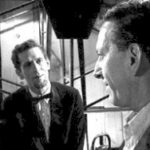 Finally, there’s “A Passage for Trumpet,” not a Christmas story exactly, but definitely in the Advent spirit. Joey Crown, a down-and-out jazz musician, pawns his trumpet, then attempts suicide. When he regains consciousness, he wanders the streets in a daze, but none of the passersby acknowledge his presence. He’s hovering between life and death. A beautiful sound drifts through the air, and he follows it to a deserted club where he meets the angel Gabriel, who convinces Joey that his musical talent, and his life, are important and should be treasured, even when times are tough. Joey is restored to life a changed man, ready to start fresh.
Finally, there’s “A Passage for Trumpet,” not a Christmas story exactly, but definitely in the Advent spirit. Joey Crown, a down-and-out jazz musician, pawns his trumpet, then attempts suicide. When he regains consciousness, he wanders the streets in a daze, but none of the passersby acknowledge his presence. He’s hovering between life and death. A beautiful sound drifts through the air, and he follows it to a deserted club where he meets the angel Gabriel, who convinces Joey that his musical talent, and his life, are important and should be treasured, even when times are tough. Joey is restored to life a changed man, ready to start fresh.
Like the characters in these stories, I expect we’ve all found ourselves at some point in our lives feeling overwhelmingly alone, perhaps wondering if God pays attention to our pain and grief, or if he even exists at all. As a race, we’ve cried out to heaven since the Fall, searching, wondering, pleading.
Are you there? Are you watching? Can you hear me? Do you care?
One night in Bethlehem, the Father answers, Yes. I’m here. I see you. I hear you. I love you.
And a Child is born.
Thirty-three years later, the Son of God, suspended between Heaven and Earth, pays the price of our salvation and takes the agony of our sin and the emptiness of our separation from God upon himself.
Father, forgive them, he says, for they do not know what they are doing.
My God, My God, why have you forsaken me?
Father, into your hands I commit my spirit.
It is finished.
We cry out again. They have taken my Lord away, and I don’t know where they have put him.
Resurrected, our Lord replies, Surely I am with you always, to the very end of the age.
He ascends to Heaven, and we stare after him into the cloudy sky. Have we finally been abandoned once and for all?
The angels are there to remind us, This same Jesus, who has been taken from you into heaven, will come back in the same way you have seen him go into heaven. And we remember he said, I will ask the Father, and he will give you another advocate to help you and be with you forever—the Spirit of truth….he lives with you and will be in you. I will not leave you as orphans; I will come to you.
Like the shepherds, and the Wise Men, we need only to seek, and we will find.
The Spirit and the Bride say, Come.



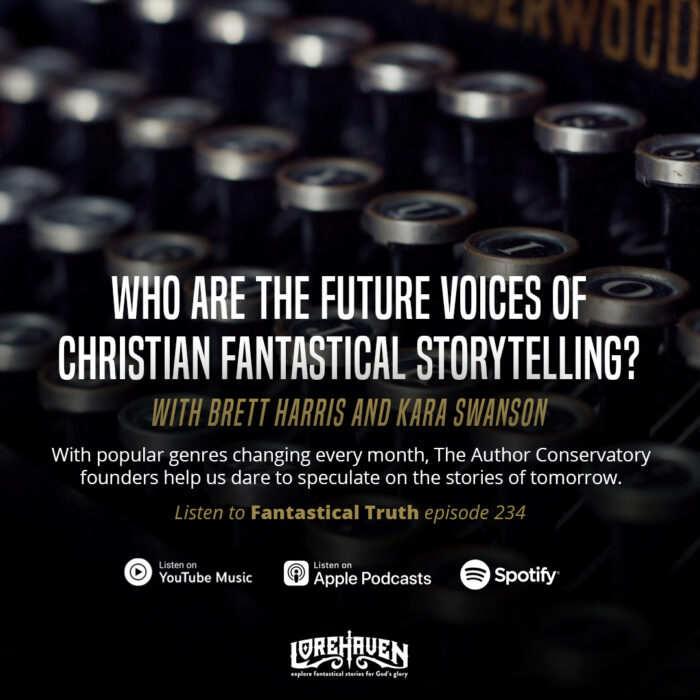


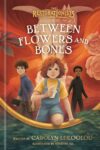






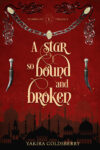
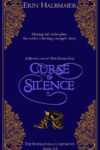




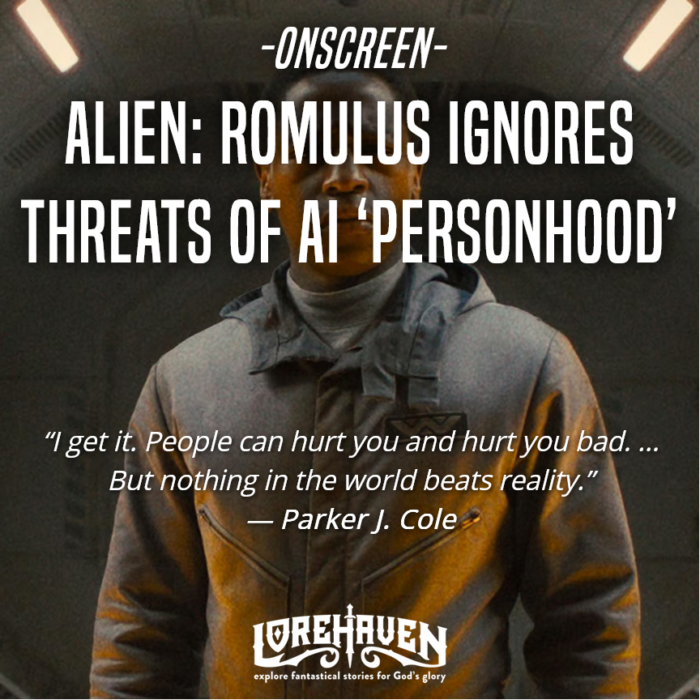

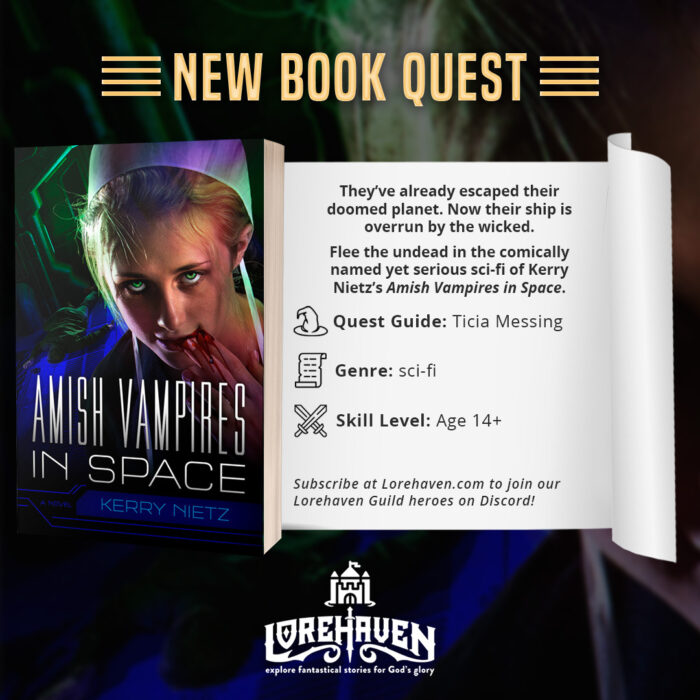









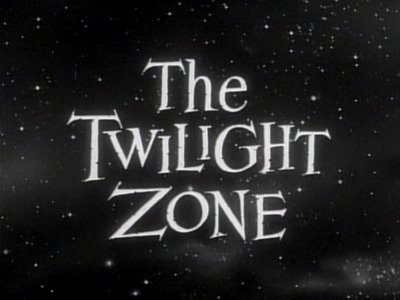

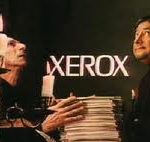






Fred, gentle, wistful, hopeful, needed. You’ve talked beyond the church to the world, words we need to remember, words they need to find life.
Fred, what an outstanding post! Really beautiful.
So poignantly true. And that first Twilight Zone scenario you described paints this picture in a chilling way.
What a great truth to end on — He hasn’t abandoned us! In fact, He promised to return and in the meantime gave us the Comforter.
Our gain that you already wrote extensively on love. 😀
Becky